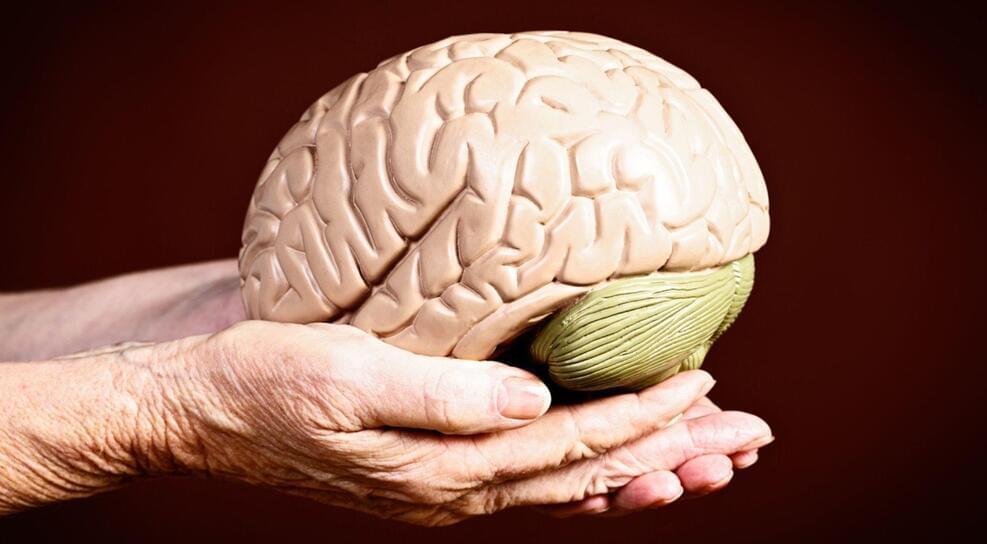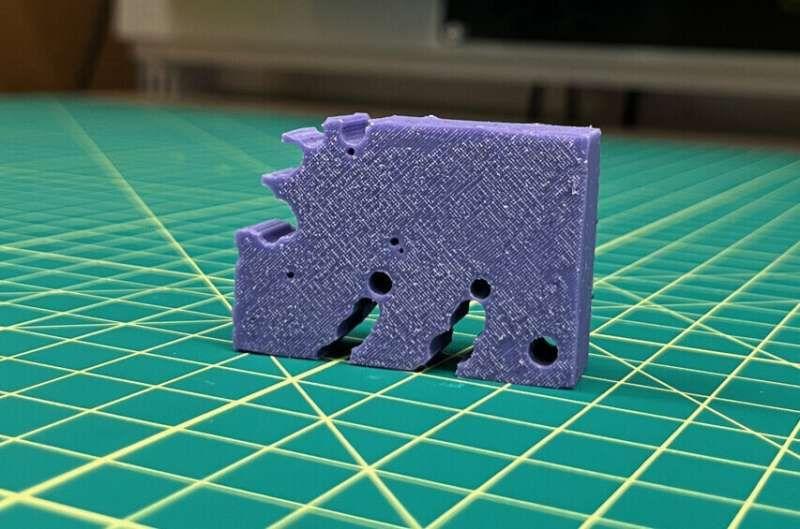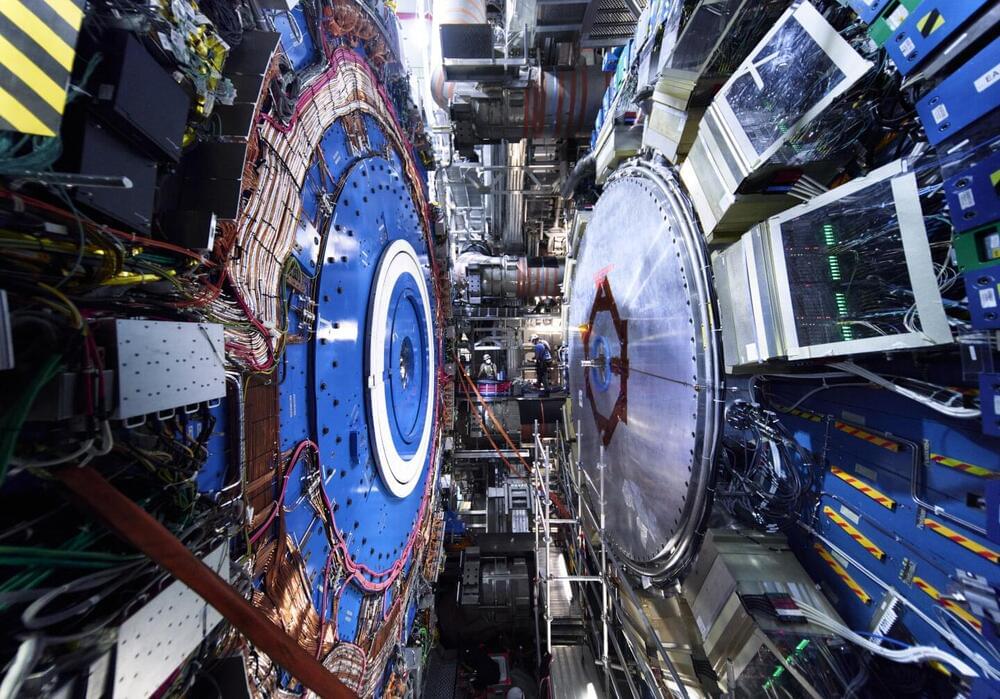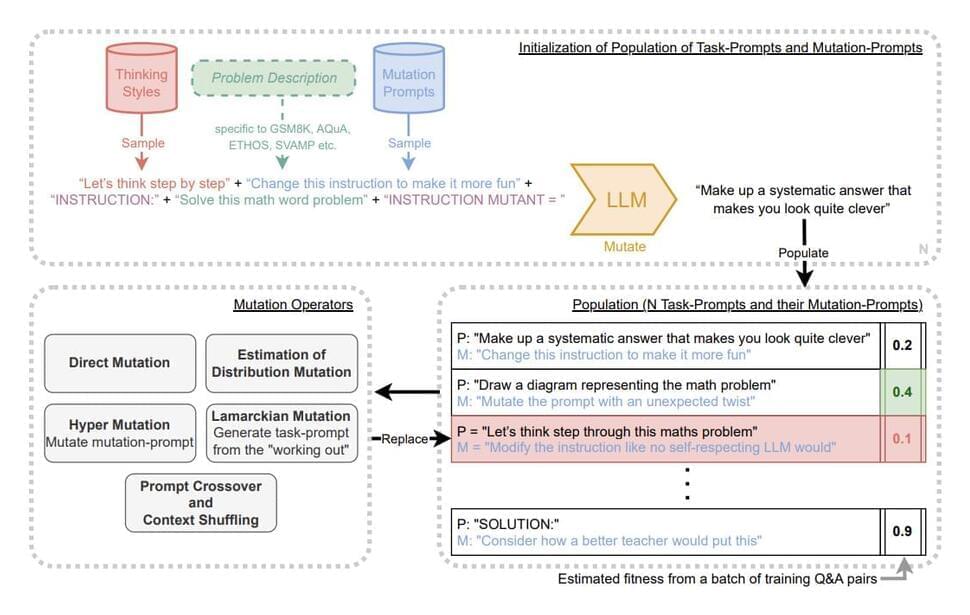Each member works out within a designated station facing wall-to-wall LED screens. These tall screens mask sensors that track both the motions of the exerciser and the gym’s specially built equipment, including dumbbells, medicine balls, and skipping ropes, using a combination of algorithms and machine-learning models.
Once members arrive for a workout, they’re given the opportunity to pick their AI coach through the gym’s smartphone app. The choice depends on whether they feel more motivated by a male or female voice and a stricter, more cheerful, or laid-back demeanor, although they can switch their coach at any point. The trainers’ audio advice is delivered over headphones and accompanied by the member’s choice of music, such as rock or country.
Although each class at the Las Colinas studio is currently observed by a fitness professional, that supervisor doesn’t need to be a trainer, says Brandon Bean, cofounder of Lumin Fitness. “We liken it to being more like an airline attendant than an actual coach,” he says. “You want someone there if something goes wrong, but the AI trainer is the one giving form feedback, doing the motivation, and explaining how to do the movements.”







